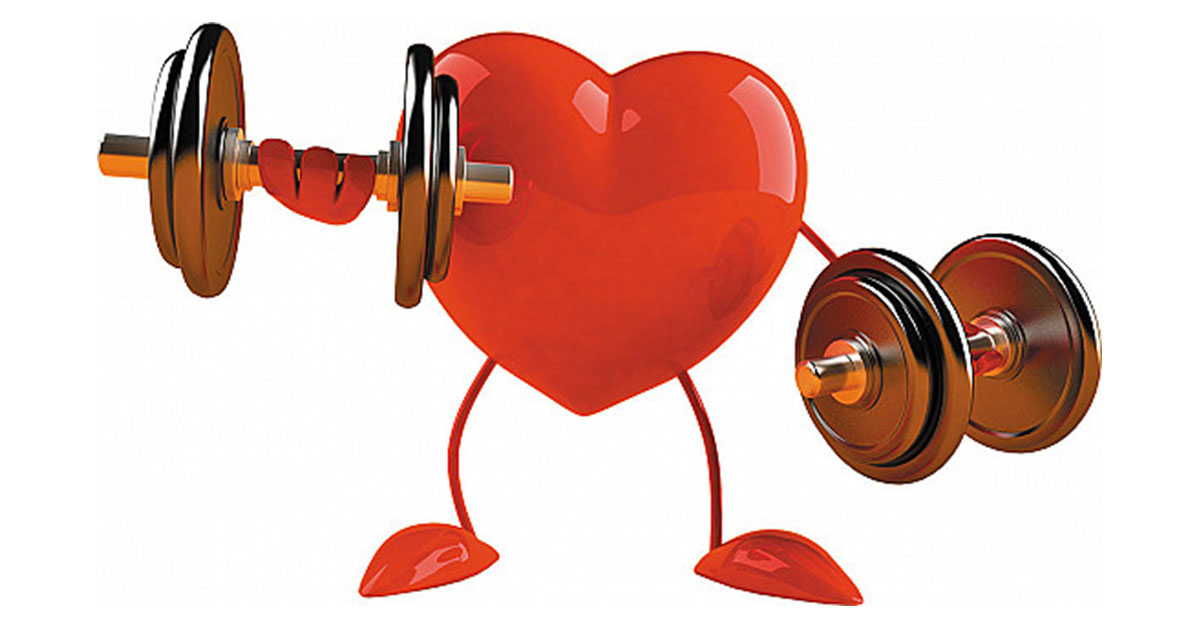Maintaining a strong cardiovascular system is crucial for overall health and longevity, especially for men who are statistically at higher risk for heart disease. This guide will explore key practices to ensure heart health, providing actionable steps to strengthen the cardiovascular system.
Understanding Cardiovascular Health
What is Cardiovascular Health?
Cardiovascular health refers to the well-being of the heart and blood vessels. A healthy cardiovascular system efficiently pumps blood throughout the body, delivering oxygen and nutrients while removing waste products. Key indicators of cardiovascular health include blood pressure, cholesterol levels, and heart rate.
Why Focus on Men’s Heart Health?
Men are more likely than women to develop heart disease at a younger age. Factors such as genetics, lifestyle choices, and stress levels contribute to this increased risk. By understanding the unique aspects of men’s heart health, we can implement targeted strategies to reduce the risk of cardiovascular issues.
Key Practices for a Strong Cardiovascular System
- Regular Physical Activity
Benefits of Exercise
Engaging in regular physical activity is one of the most effective ways to maintain a healthy heart. Exercise helps control weight, reduce blood pressure, lower LDL cholesterol (bad cholesterol), and raise HDL cholesterol (good cholesterol). It also improves blood circulation and heart muscle strength.
Recommended Exercises
- Aerobic Exercises: Activities like walking, running, cycling, and swimming improve heart health by increasing heart rate and improving oxygen utilization.
- Strength Training: Incorporating weight lifting or resistance exercises at least twice a week can enhance muscle mass and metabolism.
- Flexibility and Balance: Yoga and stretching improve flexibility and reduce stress, which can indirectly benefit heart health.
- Healthy Eating Habits
Heart-Healthy Diet
A balanced diet rich in nutrients supports cardiovascular health. Key components of a heart-healthy diet include:
- Fruits and Vegetables: High in fiber, vitamins, and antioxidants, they help reduce blood pressure and cholesterol.
- Whole Grains: Foods like oatmeal, whole wheat bread, and brown rice improve heart health by lowering cholesterol and stabilizing blood sugar levels.
- Lean Proteins: Opt for fish, poultry, beans, and nuts over red meat to reduce saturated fat intake.
- Healthy Fats: Incorporate sources of unsaturated fats like olive oil, avocados, and fatty fish while limiting trans fats and saturated fats.
Limiting Harmful Foods
Reducing the intake of processed foods, sugary beverages, and excessive salt can significantly improve cardiovascular health. These foods can lead to weight gain, high blood pressure, and elevated cholesterol levels.
- Regular Health Screenings
Importance of Check-Ups
Regular health screenings are vital for detecting potential heart issues early. Men should schedule routine check-ups with their healthcare provider to monitor blood pressure, cholesterol levels, and blood sugar levels. Early detection of risk factors allows for timely intervention and management.
- Managing Stress
Impact of Stress on Heart Health
Chronic stress can negatively affect heart health by increasing blood pressure, causing irregular heart rhythms, and promoting unhealthy behaviors like overeating or smoking.
Stress Management Techniques
- Mindfulness and Meditation: Practices such as deep breathing exercises, meditation, and mindfulness can reduce stress levels and promote relaxation.
- Physical Activity: Exercise is a natural stress reliever that boosts mood and energy levels.
- Hobbies and Social Connections: Engaging in enjoyable activities and maintaining strong social connections can provide emotional support and reduce stress.
- Avoiding Harmful Habits
Smoking Cessation
Smoking is a major risk factor for heart disease. Quitting smoking can drastically improve cardiovascular health, reducing the risk of heart attacks and strokes. Various resources, such as nicotine replacement therapy, counseling, and support groups, can aid in quitting smoking.
Limiting Alcohol Consumption
Excessive alcohol consumption can lead to high blood pressure, heart failure, and stroke. Men should limit alcohol intake to moderate levels, defined as up to two drinks per day.
- Maintaining a Healthy Weight
Impact of Weight on Heart Health
Being overweight or obese increases the risk of heart disease. Excess body weight can lead to high blood pressure, high cholesterol, and type 2 diabetes, all of which are detrimental to cardiovascular health.
Strategies for Weight Management
- Balanced Diet: Focus on nutrient-dense foods and portion control.
- Regular Exercise: Aim for at least 150 minutes of moderate-intensity aerobic activity per week.
- Behavioral Changes: Develop healthy habits such as eating mindfully and staying active throughout the day.
Conclusion
Maintaining heart health is essential for men to lead long, healthy lives. By incorporating regular physical activity, adopting healthy eating habits, undergoing regular health screenings, managing stress, avoiding harmful habits, and maintaining a healthy weight, men can significantly improve their cardiovascular health. Prioritizing these practices will help build a strong, resilient heart, reducing the risk of heart disease and enhancing overall well-being.










